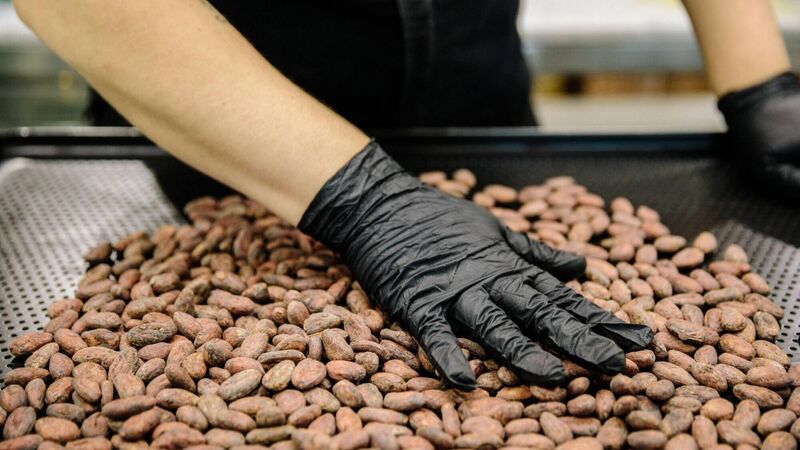Scientists discover new plant species that could lead to 'climate proof' chocolate

Climate scientists have said chocolate, along with other items such as coffee and bananas, may become precious commodities because of the vulnerability to climate change of the crops from which they are derived.
A team of scientists has discovered three new species of plant which they say could be used to help safeguard chocolate from the impacts of climate change.
In recent years, climate scientists have said chocolate, along with other items such as coffee and bananas, may become precious commodities only afforded by the wealthy in the future because of the vulnerability to climate change of the crops from which they are derived.
CLIMATE & SUSTAINABILITY HUB













